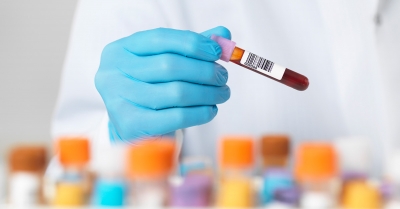
A hematologist is a specialist in hematology, the science or study of blood, blood-forming organs and blood diseases.
The medical aspect of hematology is concerned with the treatment of blood disorders and malignancies, including types of hemophilia, leukemia, lymphoma and sickle-cell anemia. Hematology is a branch of internal medicine that deals with the physiology, pathology, etiology, diagnosis, treatment, prognosis and prevention of blood-related disorders.
Becoming a hematologist requires 7 or more years of medical school and postgraduate training, before earning a board certification in internal medicine.
In addition, at least 2 years of specialty training, studying a range of hematological disorders, are required. Hematologists can later gain further certification in a subspecialty.
Hematologists work in various settings, including blood banks, pathology laboratories and private clinics. Specialists in this branch of medicine can choose to focus on specific topics within the field of hematology, such as lymphatic organs and bone marrow and may diagnose blood count irregularities or platelet irregularities. They are able to treat organs that are fed by blood cells, including the lymph nodes, spleen, thymus and lymphoid tissue.
Those in blood banks work to keep blood supplies safe and accessible, and may supervise labs that analyze blood samples and provide advice to organizations that provide advocacy services for patients with genetic blood disorders. These hematologists may also work with government agencies on education campaigns designed to inform the public of disorders, such as anemia.
Credit : Healio
Picture Credit : Google




